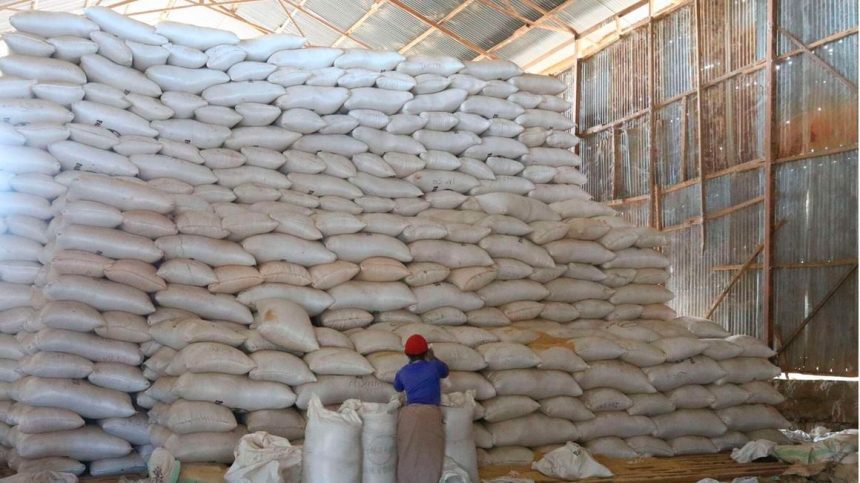Kenya’s food import bill in the first quarter of the year rose 58.4 percent to hit Sh80.2 billion, nearly matching what was fetched from exporting food.
The latest data from the Kenya National Bureau of Statistics (KNBS) shows the imports rose from Sh50.6 billion in a similar period last year as the country shipped in more volumes of commodities such as rice, wheat and processed food.
The rise came in the period food imports increased by 10.4 percent to Sh87.5 billion, leaving the gap between exports and imports at Sh7.3 billion—one of the narrowest in the recent past.
Kenya’s spending on food imports in the first three months of 2021 was about 64 percent of the money received from food exports, with the difference between the two at Sh28.6 billion.
However, food imports have been growing at a faster pace than that food exports to cut the difference to Sh7.3 billion in the three months ended March 2023.

The value of food imported was equivalent to about 92 percent of the money earned from food exports, raising fears Kenya could become a net food importer.
The KNBS data showed the value of imported unmilled wheat rose by 70.5 percent to Sh26.9 billion while that of rice increased by 96.5 percent to Sh12.7 billion.
The value of processed food and beverage imports rose by 84.4 percent from Sh20.6 billion to Sh38 billion, adding to the overall rise in food shipped in.
The decline in the value of raw maize imports, however, fell from Sh3.53 billion to Sh1.43 billion, easing the pressure on the food import bill.
Import bill on maize was at Sh10.9 billion in three months ended September last year.
Kenya has been struggling to ramp up food production and cut its appetite for imports but challenges such as erratic rains, reduced farm sizes and high production costs have been standing in the way.



